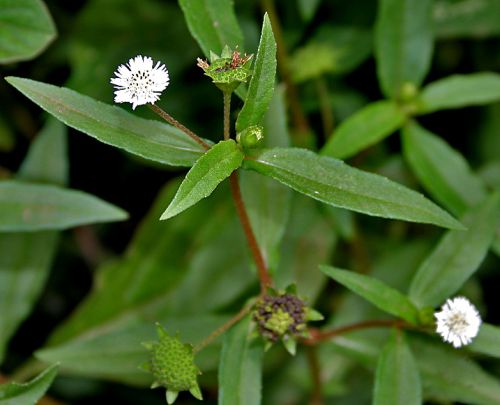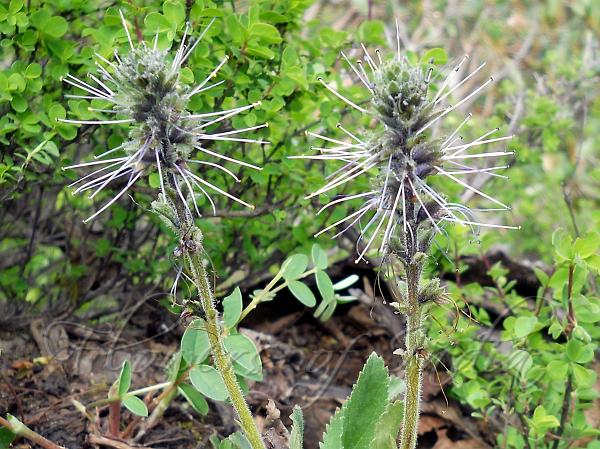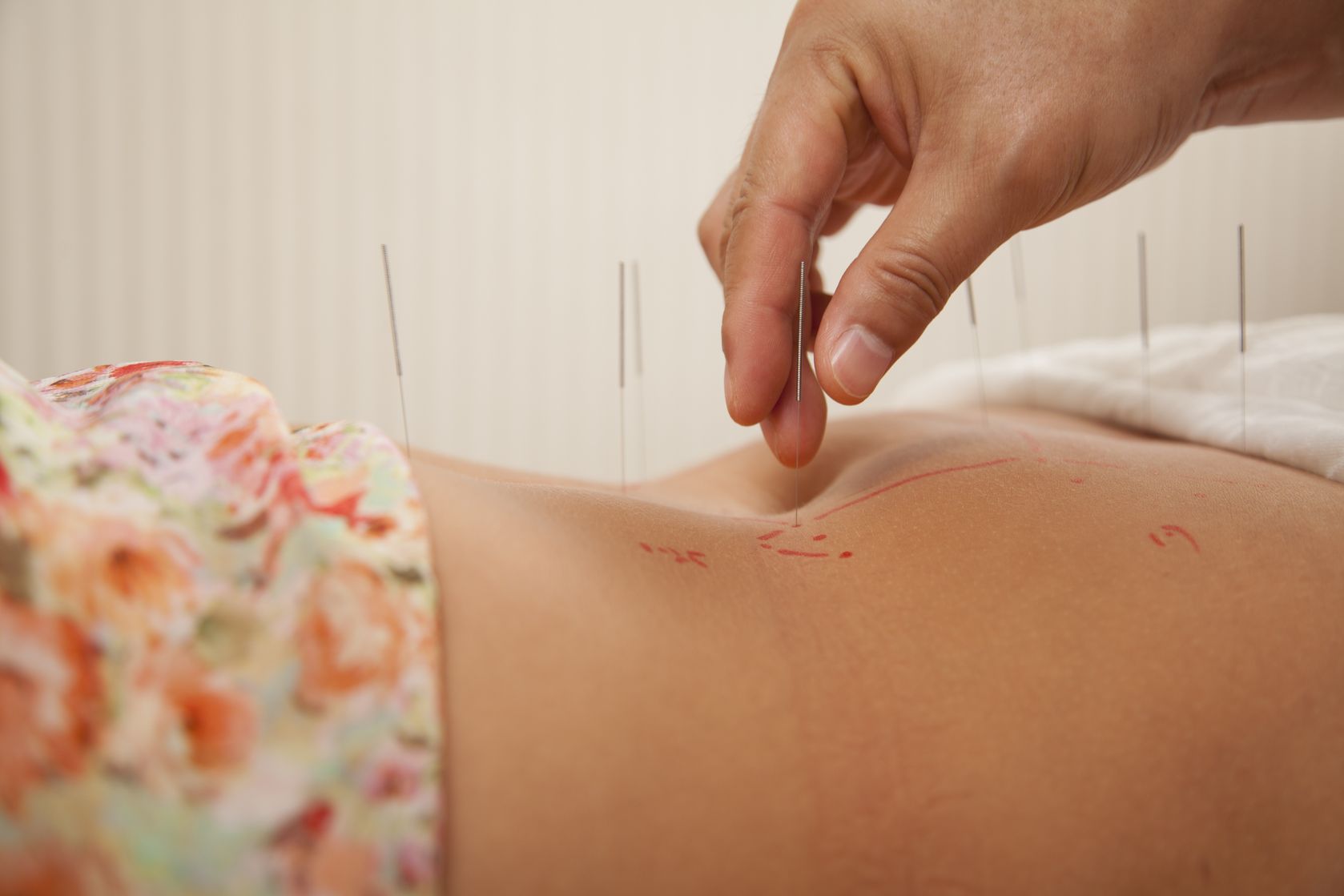Top 10 Home Remedies for Cirrhosis of the Liver
Long-term alcohol misuse, a fatty liver disease linked to obesity and diabetes, and viral hepatitis B and C are the leading causes of cirrhosis of the liver.
According to the National Digestive Diseases Information Clearinghouse, males who drink three to four alcoholic beverages per day and women who drink two to three alcoholic beverages daily are more likely to have this issue.
The disease can also be caused by conditions like primary biliary cirrhosis, autoimmune hepatitis, toxic hepatitis, hemochromatosis (iron buildup in the body), repeated bouts of heart failure with liver congestion, cystic fibrosis, and others.
If the cirrhosis is mild, the liver makes repairs and continues to function properly, but as the disease progresses and more scar tissue forms, the damage becomes irreparable.
Symptoms of cirrhosis include loss of appetite, fatigue, nausea and vomiting, weight loss, itchy skin, jaundice, edema, muscle cramps, a tendency to bleed and bruise more easily, and the appearance of small, spider-like blood vessels under the skin.
There may be only a few symptoms in the early stages of this disease, with more symptoms developing as it progresses.
There is no cure for this disease. When treating cirrhosis, it is essential to determine the underlying cause. Treatment is usually aimed at preventing further liver damage and reducing complications.
Along with your doctor’s prescribed treatment, you will need to make some diet and lifestyle changes. Plus, you can use some home remedies to help improve your condition. However, consult your doctor before trying any herbal remedies and supplements.
Top 10 Home Remedies for Cirrhosis of the Liver
Here are the top 10 home remedies for cirrhosis of the liver.
1. Quit Drinking
Quit drinking alcohol completely, even if your cirrhosis is not caused by alcohol. Alcohol harms liver cells, thus making your condition worse.
Abstaining can help halt the progression of the disease. Quitting alcohol is also recommended for alcohol-induced fatty liver disease and alcoholic hepatitis.
A 2009 study by the University of Southampton researchers also illustrated the significance of abstinence from alcohol as an important factor determining survival, even in cases of relatively severe alcohol-related cirrhosis.
To prevent complications related to withdrawal, it is best to quit drinking with professional help under medical supervision.
Milk thistle is another valuable remedy for cirrhosis. Although it will not reverse the existing liver damage, it can help protect against further damage.
It contains an active ingredient called silibinin with strong antioxidant properties and detoxifying and hepatoprotective effects.
Early research suggests this herb can be useful for people with alcohol-related liver disease, but more research is still needed.
Milk thistle is available in supplement form as a liquid extract, capsules, and tincture. Consult your doctor for proper dosage and suitability for your condition.
Note: Milk thistle may not be suitable for those suffering from complications like variceal bleeding or ascites due to cirrhosis. It is also not recommended for people with a history of hormone-related
3. Papaya Seeds
According to Ayurveda, papaya seeds can help in the treatment of cirrhosis of the liver by aiding liver detoxification.
Grind some fresh papaya seeds to extract 1 tablespoon of juice.
Add 10 drops of lemon juice.
Drink it once or twice daily for 1 month.
The juice of all parts of the eclipta alba plant is useful in treating liver problems. The juice of its leaves, in particular, is used for cirrhosis of the liver and hepatitis.
Extract the juice from the leaves of eclipta.
Mix together 1 teaspoon each of this juice and raw honey.
Consume this mixture 3 times a day for about a month.
Picrorhiza kurroa can be useful in treating cirrhosis of the liver, especially when it is caused by viral hepatitis. It reduces oxidative stress, promotes the secretion of bile juices, and improves liver function. Plus, it stimulates appetite and acts as a powerful laxative.
Mix together 1 tablespoon of each of the powdered root of this herb and raw honey.
Consume it 3 times a day for about a month.
When suffering from constipation, mix twice the amount of this herb and honey and take it along with a cup of warm water 3 or 4 times a day.
6. Schisandra
This herb is used in traditional Chinese medicine to cleanse the liver, protect liver cells from further damage and help regenerate liver tissues. Studies have found that it can help protect against drug-related liver damage.
In 2001, Chinese researchers studied the effects of this herb combined with astragalus root and found that the combination effectively helped improve portal hypertension in patients suffering from cirrhosis of the liver.
You can take schisandra and astragalus root in supplement form. For the correct dosage and suitability, consult your doctor.
7. Green Tea
Green tea is loaded with antioxidants that reduce oxidative stress, which initiates cirrhosis of tissues. Plus, it has a protective effect against liver disease and has antiviral properties that help fight viral hepatitis. Green tea is beneficial for your overall health, too.
Add 1 teaspoon of green tea powder (or 1 green tea bag) to 1 cup of hot water.
Allow it to steep for 5 minutes.
Strain it. (If you are using a green tea bag, just remove the bag.)
Sweeten with a little raw honey.
Drink this tea 3 times a day on a regular basis.
8. Vitamin C
Vitamin C has protective effects against liver oxidative damage. It also prevents fatty buildup and cirrhosis.
Drink 2 tablespoons of fresh Indian gooseberry or amla juice 3 times daily for 15 to 20 days.
Include other vitamin C-rich foods like blackberries, lemons and oranges in your diet.
9. Antioxidants
In addition to vitamin C, other antioxidants also help treat cirrhosis of the liver. For example, vitamin E helps reduce scar tissue production and aids in the regeneration of liver cells. Research suggests that antioxidants like vitamin E and selenium can help treat primary biliary cirrhosis.
Eat more fresh fruits, vegetables, and whole grains like berries, spinach, carrots, artichoke, garlic, Brazil nuts, and others as part of your daily diet. Cruciferous vegetables like broccoli, kale, Brussels sprouts, and cabbage will also aid in liver detoxification.
Also, drink 1 to 2 glasses of raw vegetable juice daily.
10. Acupuncture
Acupuncture is good for relieving discomforts, such as fatigue, caused by liver cirrhosis. In addition, it can help you quit drinking.
In a 2009 study, Chinese researchers found that acupuncture combined with a Chinese herbal decoction and western medicine helped improve the clinical symptoms of compensated liver cirrhosis better than simply western medicine.
Get your acupuncture treatment done by an expert. There are several acupoints for treating cirrhosis, but they are used depending on the symptoms and clinical manifestations specific to your case.
How To Prevent Liver Cirrhosis
- Eat a nutritious and balanced diet.
- Limit your protein and salt intake. Preferably, opt for vegetable protein instead of animal protein.
- Stay away from processed and junk foods as they are not good for liver health. Plus, they tend to be unhealthy and high in sodium.
- Avoid constipation. Constipation may cause a buildup of toxins that may recirculate back to the liver.
- Get regular exercise. In addition to keeping you fit, it will fight fatigue and reduce muscle wasting.
- Take 1,200 mg of S-adenosylmethionine (SAMe) supplement daily to improve liver functioning. Make sure to consult your doctor before taking it.
- Licorice is also thought to be effective in preventing liver damage. Infections with hepatitis C are also treated with it. To enhance liver function, you can make it into a herbal tea or consume it as a supplement. But, before using this herb, speak to your doctor because it shouldn't be used by anyone with high blood pressure and might interact with some prescription drugs.
Your liver may become more sensitive to some drugs as a result of cirrhosis. Hence, before taking any medications, see your doctor.
Resources:
http://www.sciencedaily.com/releases/2009/04/090415120124.htm
http://www.wjgnet.com/1007-9327/full/v17/i18/2288.htm
http://www.ncbi.nlm.nih.gov/pubmed/20088415
http://onlinelibrary.wiley.com/doi/10.1002/lt.22472/abstract
http://pubs.sciepub.com/ajps/3/2/4/
http://www.ncbi.nlm.nih.gov/pubmed/12577420
http://umm.edu/health/medical/altmed/condition/cirrhosis













